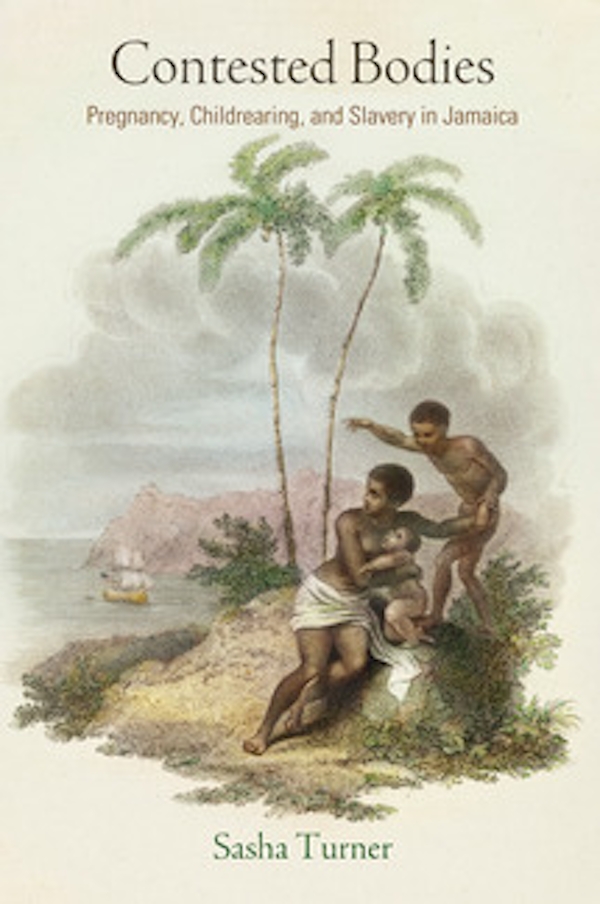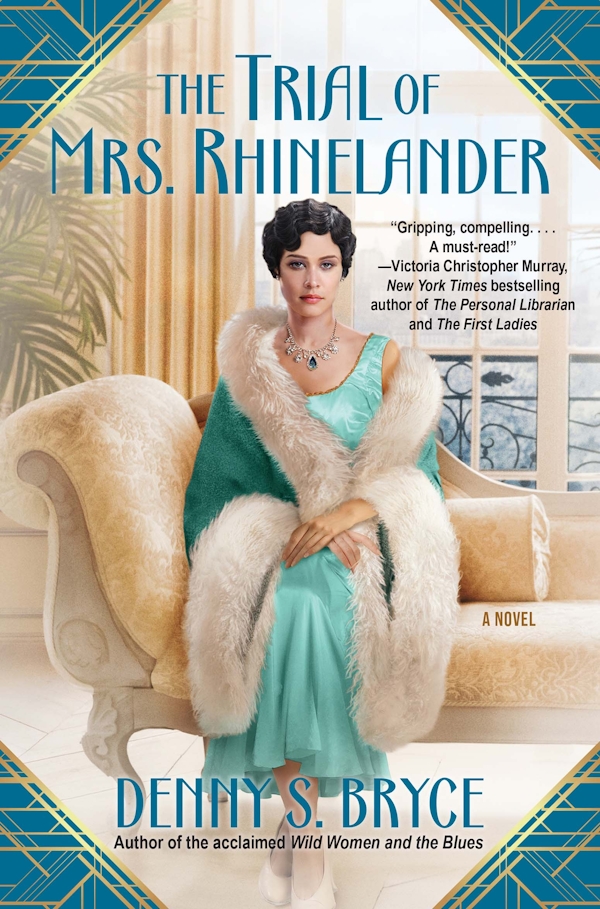Routledge
2025-07-07
Hardcover ISBN 9781032473154
592 Pages
Edited by:
Shivon Raghunandan
Roy Moodley
Kelley Kenney
The Routledge International Handbook of Interracial and Intercultural Relationships and Mental Health presents critical, theoretical, empirical, and psychological accounts of intercultural intimacies.
It challenges pervasive Eurocentric discourse and ideas and offers current, scholarly, practical, equitable, global, and intercultural responsive philosophies, theories, clinical frameworks, and practices. The chapters in this text offer critical perspectives on the mental health and well‑being of intercultural couples, inclusive of multi‑cultural, multi‑ethnic, multi‑faith, multi‑sexual, multi‑racial, multi‑gendered, multi‑abled couples, and their intersections. A diverse range of international contributors present an intersectional analysis of traditional and contemporary cultural ideas and relationship philosophies and explore multiple global and cultural psychologies that shape the health and well‑being of intercultural couples and their families.
This handbook is essential for students, educators, mental health clinicians, and researchers in counselling, psychotherapy, clinical psychology, psychiatry, and social work programmes.







